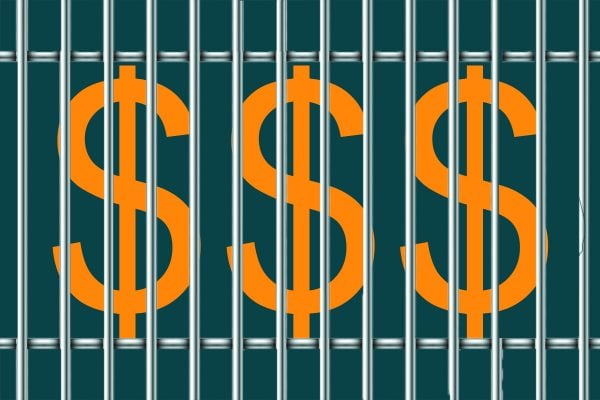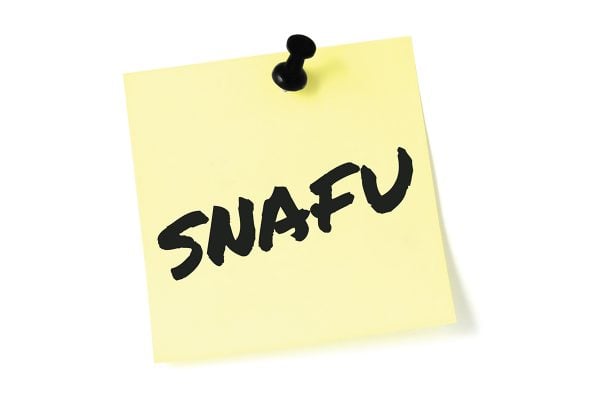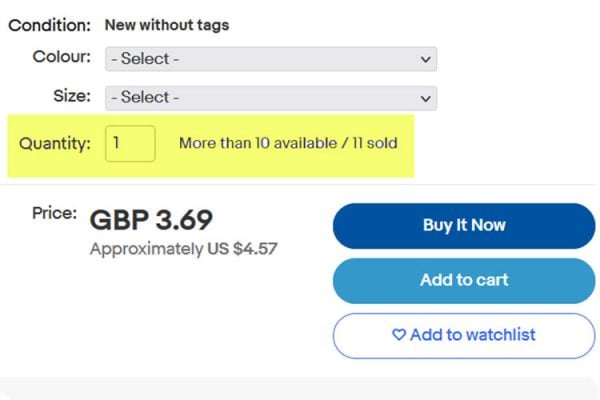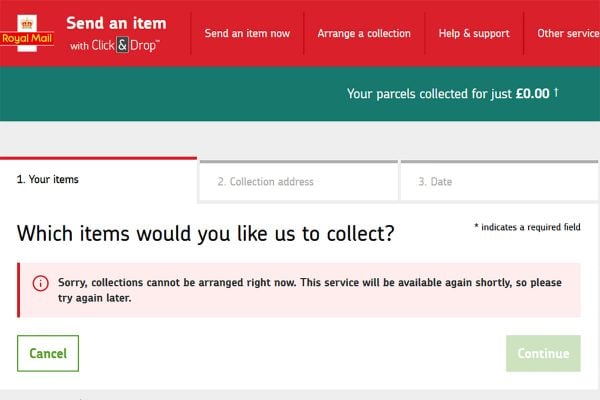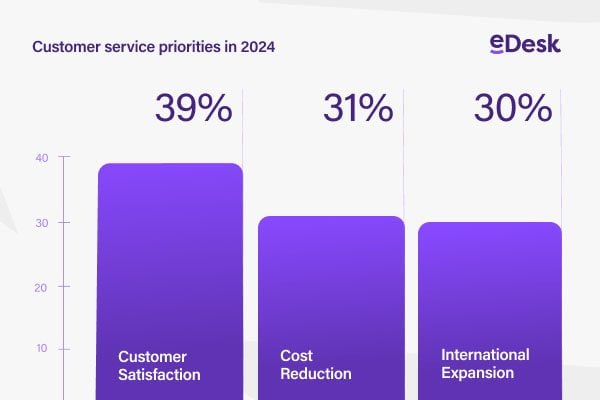Sharp eyed eBayers have spotted some changes to the way eBay proxy bids are behaving. Previously if you placed a bid that was less than the bid increment amount above the last bidder eBay would accept your bid. If you then rebid it would raise your previous bid to the minimum bid increment amount even though no one else bid in the mean time.
| Buyer | Bid Amount | Item Price |
| Bidder 1 | £2.00 | £0.99 |
| Bidder 2 | £2.01 | £2.01 |
| Bidder 2 | £4.01 | £2.20 |
Notice how the bid amount jumped from £2.01 to £2.20 because of the minimum bid increment of 20p.
In practice this means little to most eBayers: it only applies to auctions, it only applies if you bid less than the minimum bid increment AND the previous bidder had also bid a proxy amount, and it relies on you placing a second bid before another buyer places one. In future eBay will no longer increase the bid if the same buyer places a second bid; their original bid will stand until another buyer places a bid.
Just to confuse things eBay managed to screw up the implementation; they said “Yesterday, as we were launching this change, a bug was discovered that affected a very small number of transactions. We’ve rolled the change back, fixed the bug, and we’ll be launching again sometime in the next week.”
The question is why the change anyway? Everyone knew how placing a bid would affect the price (or at least if they read the help pages they would). For this we have to step back two years in time, eBay was taken to court by Lerach Coughlin Stoia Geller Rudman & Robbins LLP in California, on the grounds they were making additional eBay and PayPal fees everytime a bid was increased. They took the (reasonable sounding) viewpoint that you shouldn’t bid against yourself. Either your last bid was a winning bid or it wasn’t, and if it was a winning bid then it shouldn’t be increased. They also pointed out that eBay email buyers once a bid has been placed, warning them they could be outbid, and encouraging them to place an additional higher bid. This would result in buyers paying more and eBay/PayPal receiving higher fees. The additional fees eBay gained would be tiny amounts, but if this happens millions of times all those pennies start adding up.
The case was filed on February 17, 2005 with the plaintiff named as Glenn Block, although this was later amended to cite John Rockers, Mark Rawling and Brian Mork as joint plaintiffs. eBay’s actions were described as “unlawful, unfair, fraudulent, and unconscionable “shill” bidding which artificially inflates the price of eBay buyers.” They state eBay was effectively bidding against the buyer with no intention of purchasing the item, but simply to increase the amount the buyer had to pay. The case was tried as a Class Action, meaning potentially tens of thousands of buyers could be represented.
Part of the settlement eBay agreed to was to notify buyers if placing a bid would raise their previous bid. But because of the complex programming this would entail, it appears they have decided simply not to increase even if a bid is lower than the minimum bid increment. It is this change users have seen on the site, albeit with some side effects due to erroneous programming.
eBay has agreed to pay a settlement sum of US$2.1 million to not-for-profit charities along with US$800,000 legal expenses and fees for expert services for the plaintiffs. As is normal in a class action a huge proportion of the settlement has been swallowed up in fees, we don’t know how much eBay’s legal expenses have been. The members of the class (all those who have had bids artificially raised) get nothing, of course it would be almost impossible to trace the extra fees eBay gained in each individual case and the cost to calculate would far outweigh any compensation given.
A “fairness hearing” was scheduled for today where the judge would decide if the settlement, fees are acceptable and if the claims of the members of the class should be dismissed. Hopefully that will be the end of the matter, for sellers it means a small decrease in additional sales value that won’t be noticed and for buyers they’ll never effectively bid against themselves again.
Sources
Class action settlement claim via netpond
Acrobat pdf document of the 27 page submission to the court via www.lerachlaw.com
